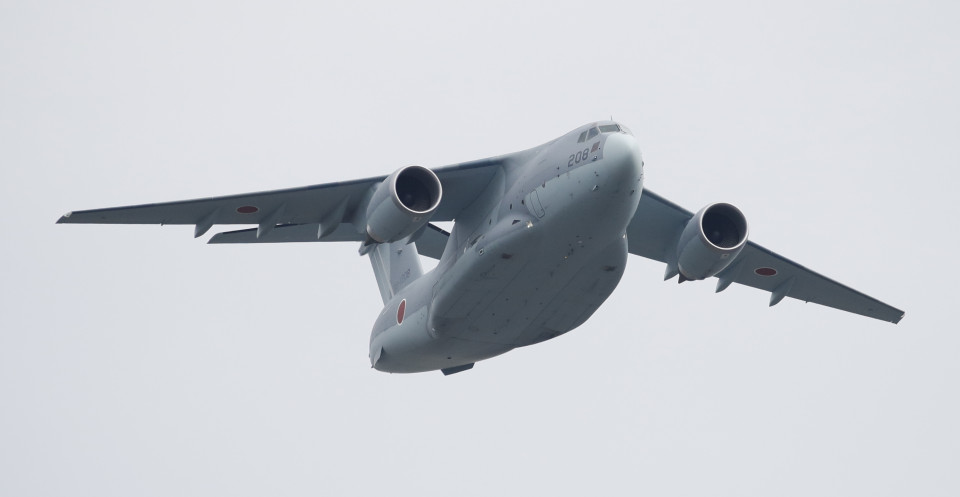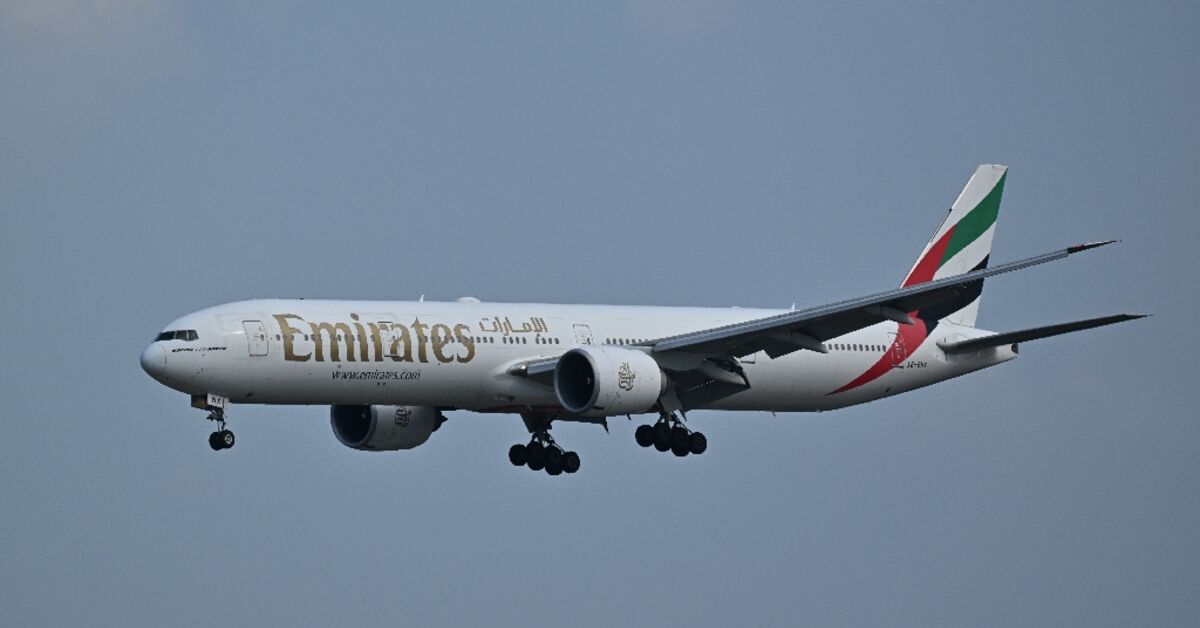

And thus a piece of Eastern European folklore that was popularized in a novel by a Irish writer and then spread via mostly American movies became a Japanese video game series now at least partially developed in Spain and begets a play acted by Japanese female actors.







IIRC, you have to burn off a certain percentage each day to keep LNG on a tanker cool, so presumably, they’re going through their LNG supply.
kagis
https://www.quora.com/What-is-a-boil-off-gas-in-LNG